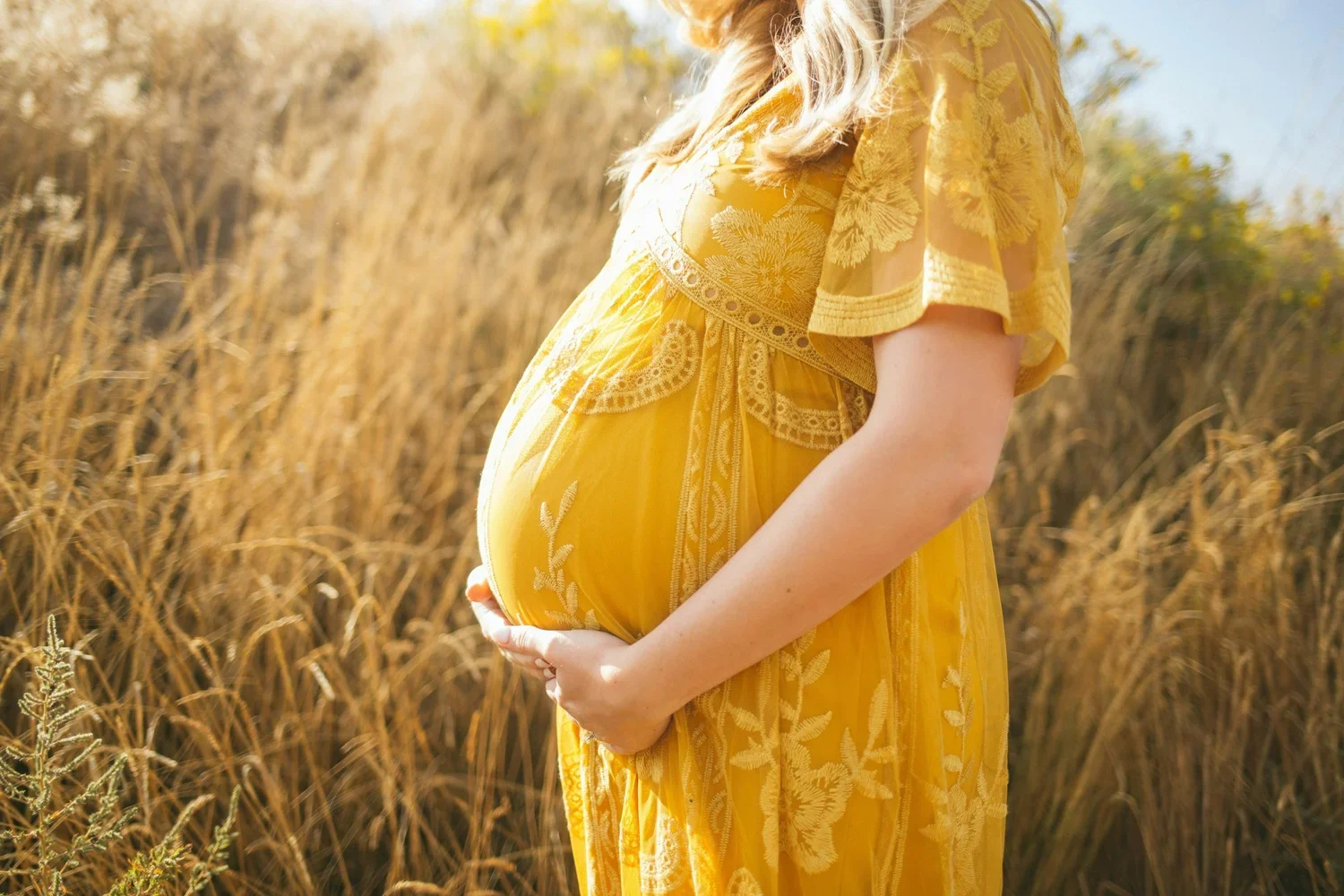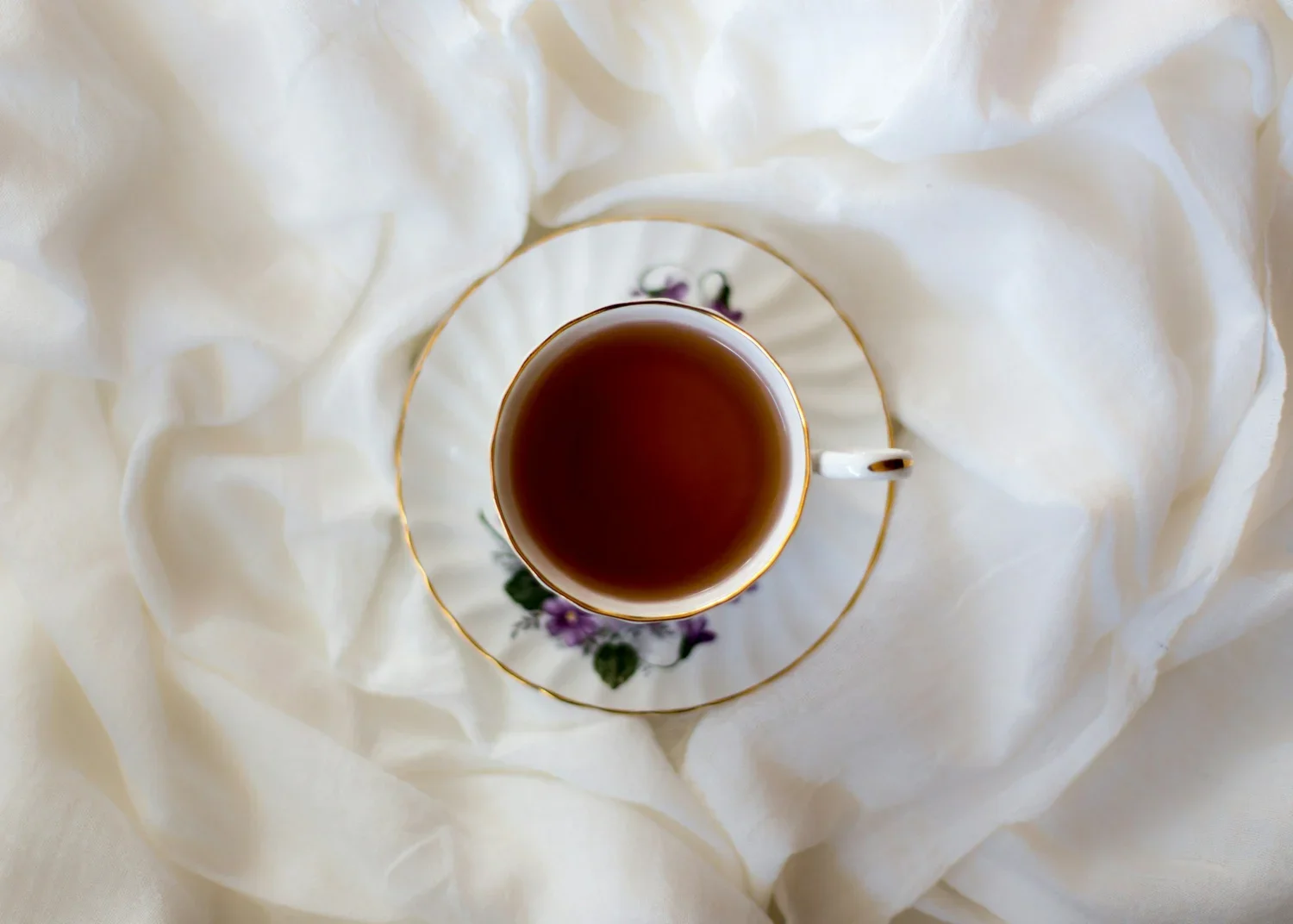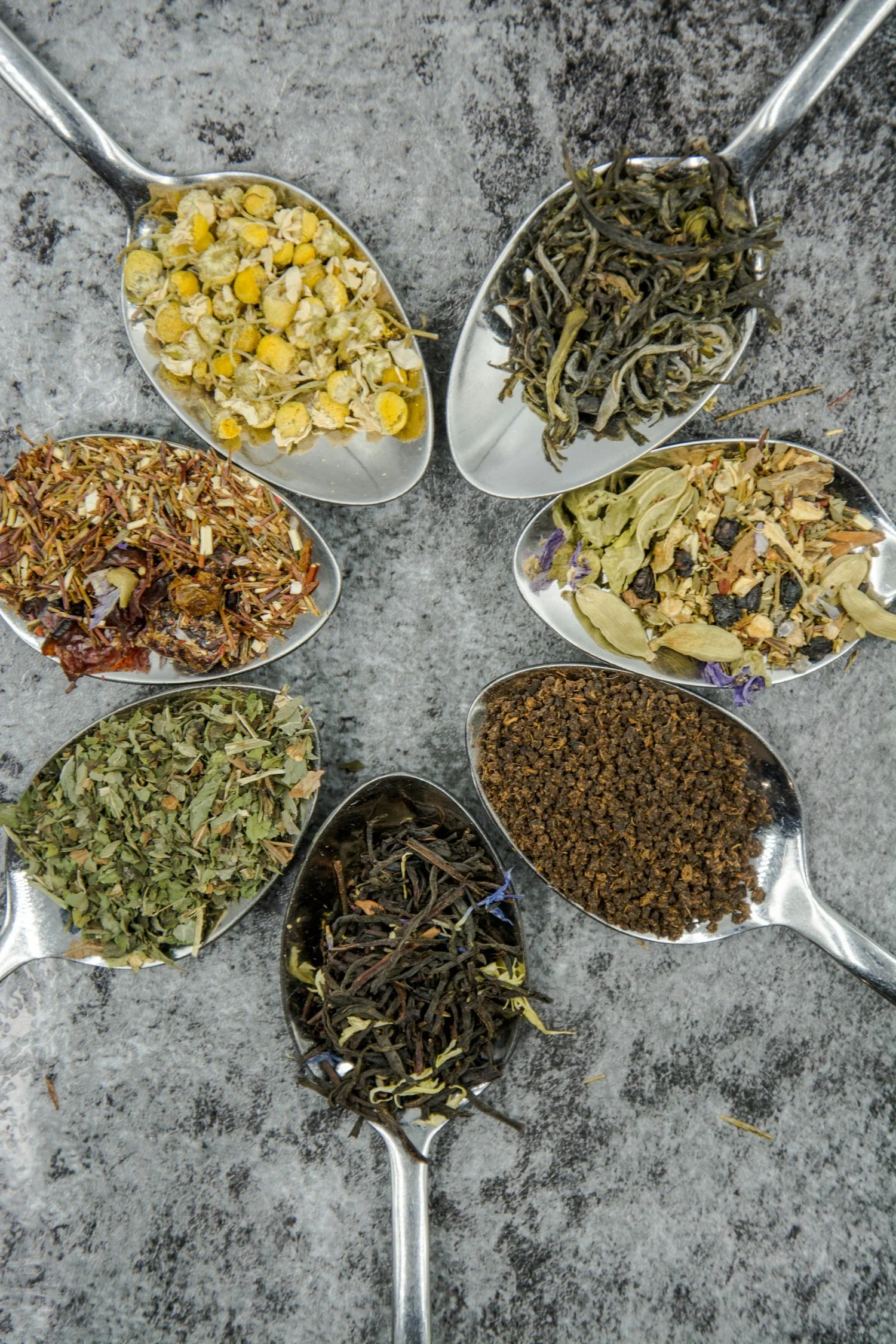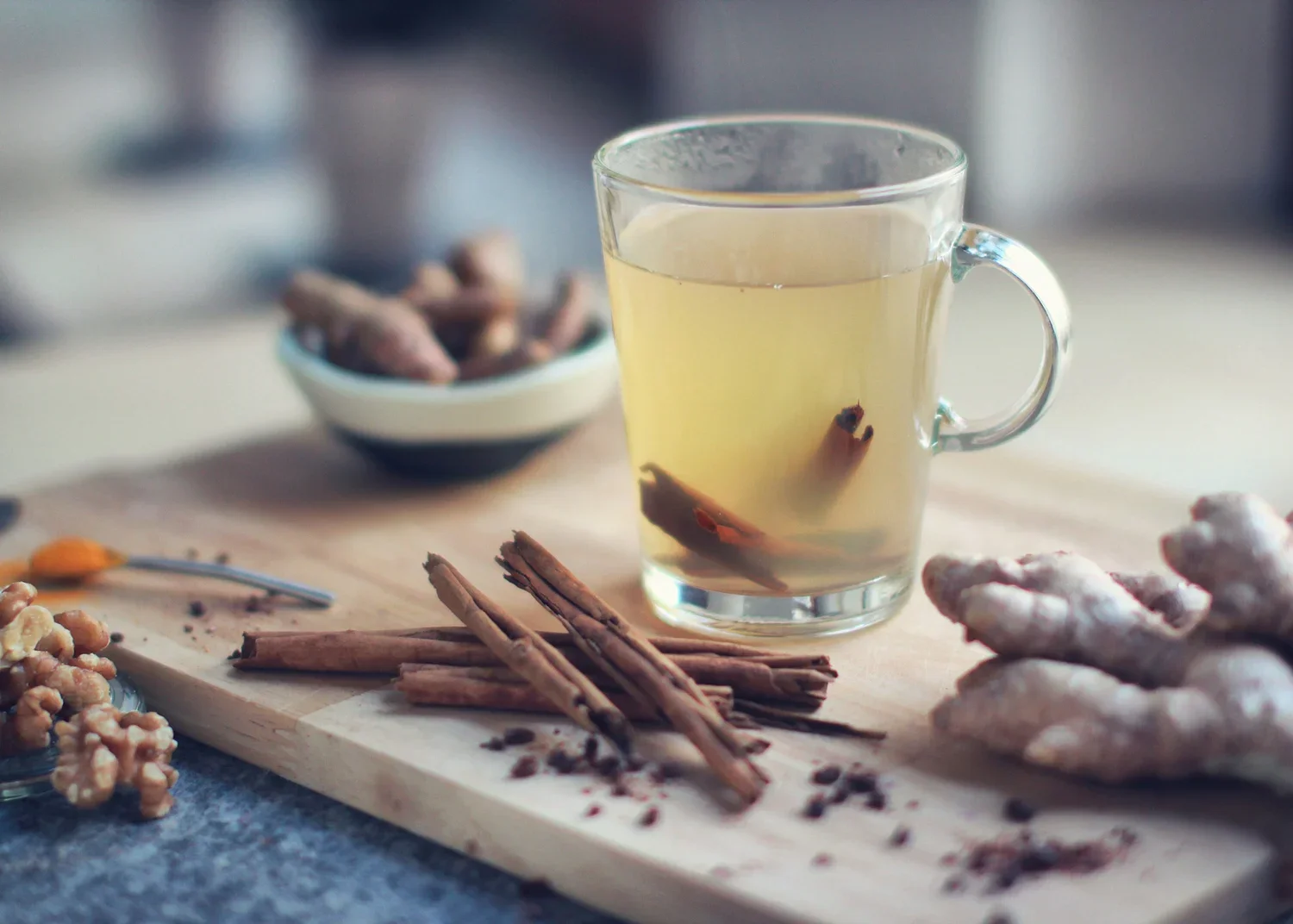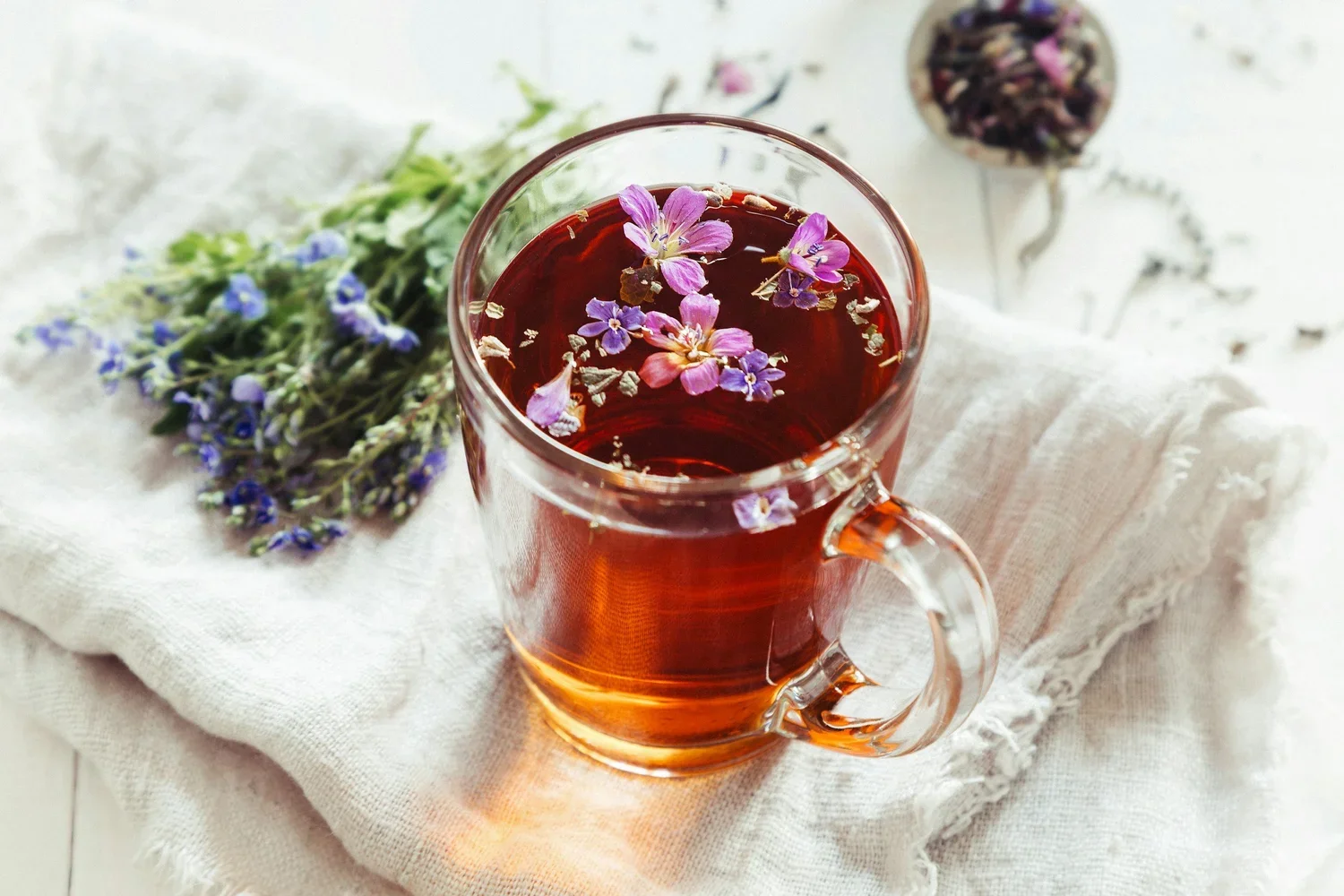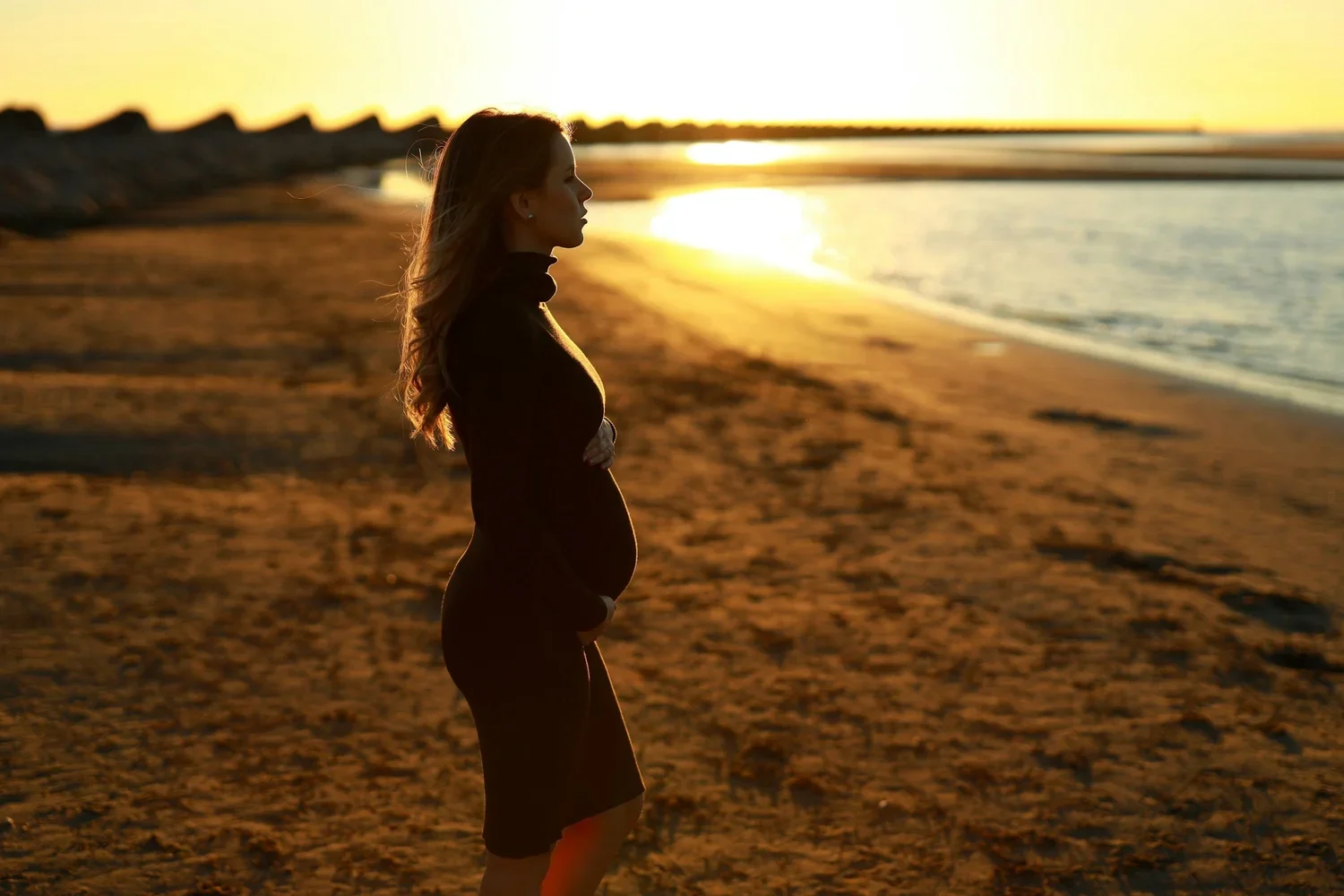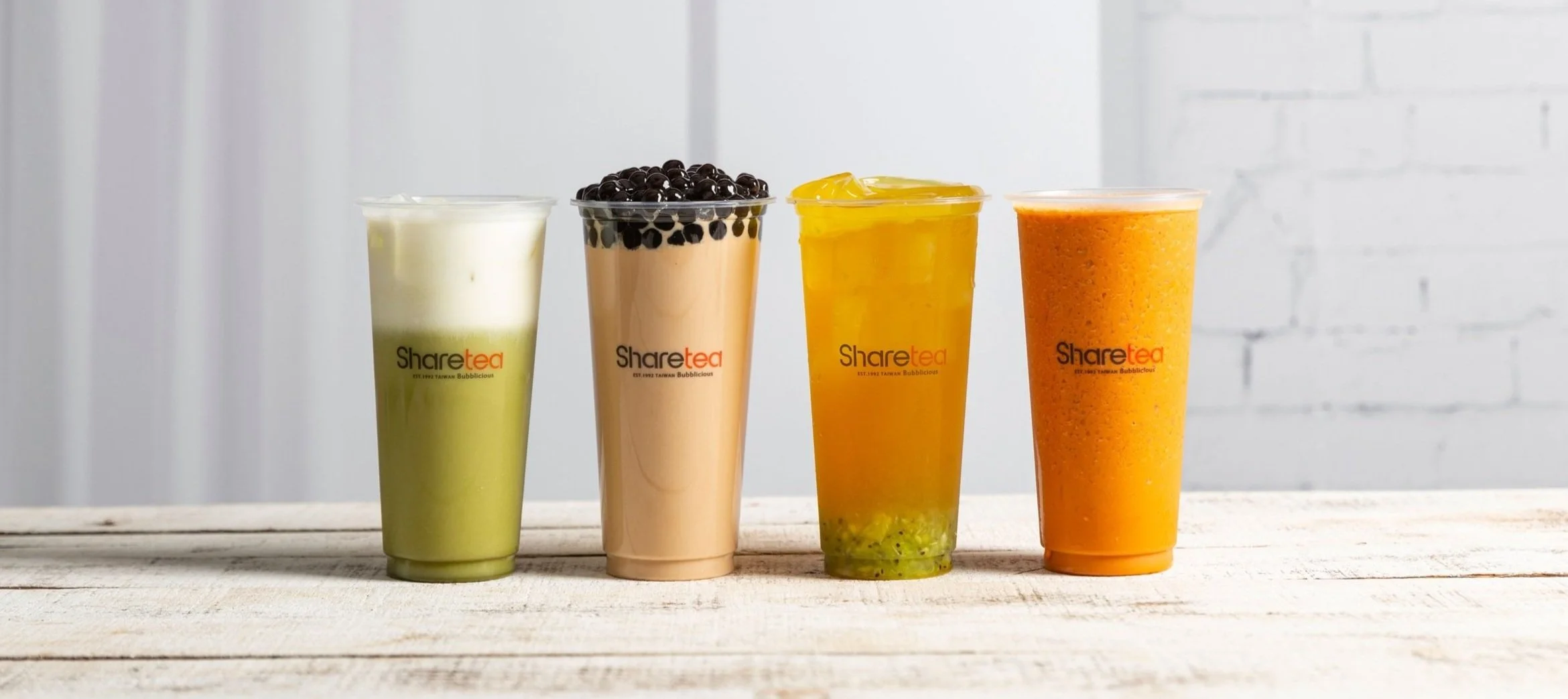Is Black Tea Safe during Pregnancy? Discover Which Teas Are Safe to Drink
Navigating pregnancy is a journey filled with new questions about daily habits. For many, a warm cup of tea is a comforting ritual, a moment of calm in a busy day. But when you're expecting, you suddenly wonder, "Is this simple pleasure still safe?" You're not alone! It's one of the most common concerns among expectant mothers. The world of tea is vast and complex, from robust black teas to delicate herbal infusions, and the information out there can be overwhelming and often contradictory.
The good news is that you don't have to give up tea entirely. The key is knowing which teas are safe to drink during pregnancy and which ones to limit or avoid. This guide is designed to be your definitive resource, providing clear, evidence-based answers. We'll explore the nuances of caffeine intake, identify pregnancy-safe herbal heroes, and empower you to make informed, confident choices for both you and your baby. We believe that with the right knowledge, you can continue to enjoy the delightful experience of a good cup of tea throughout your pregnancy journey.
What Types of Teas Are Safe to Drink during Pregnancy?
When you're pregnant, it's helpful to categorize teas into two main groups: "true" teas (which contain caffeine) and herbal teas (which are mostly caffeine-free). Understanding this distinction is the first step in making safe tea choices, especially during the crucial first trimester.
To provide a clear, at-a-glance reference, here is a structured breakdown of common teas and their general safety status during pregnancy. This table is based on recommendations from health authorities and outlines which teas are generally considered safe in moderation and which should be approached with caution.
| Tea Category | Specific Tea Examples | General Pregnancy Safety Guideline |
|---|---|---|
| Caffeinated Teas | Black Tea, Green Tea, Oolong Tea, Matcha, Earl Grey, Chai | Generally Safe in Moderation. Limit total caffeine intake to under 200mg per day from all sources. |
| Likely Safe Herbal Teas | Peppermint, Ginger, Rooibos, Lemon Balm | Generally Considered Safe. These teas can help alleviate common pregnancy symptoms like nausea and indigestion. |
| Herbal Teas for Caution | Chamomile, Nettle Leaf | Use with Caution. Often safe, but high consumption may pose risks. Best to consult a healthcare provider. |
| Herbal Teas to Avoid | Hibiscus, Sage, Licorice Root, Ginseng, Dong Quai, Passionflower | Generally Considered Unsafe. These can potentially stimulate the uterus or have other adverse effects. |
Are Herbal Teas Safe for Pregnant Women?
Many herbal teas are considered a safe and soothing choice for pregnant women, as they are naturally caffeine-free. Teas made from ginger and peppermint, for example, are widely recommended to help ease morning sickness and indigestion. However, it's crucial to understand that "herbal" doesn't automatically mean "safe."
Some herbs can have potent, medicine-like effects and may not be safe during pregnancy. Certain herbal teas, like those containing hibiscus, licorice root, or sage, have been linked to potential complications and should be avoided. It's also important to distinguish between fruit flavor and the actual herb; for example, a tea with passion fruit flavoring is fine, but tea containing passionflower herb should be avoided. Always verify the ingredients in any herbal blend.
Which Caffeinated Teas Are Safe during Pregnancy?
Caffeinated teas—such as black, green, and oolong tea—are all derived from the Camellia sinensis plant and are generally safe to consume during pregnancy, but moderation is essential. This includes popular store-bought varieties like Lipton or Twinings, as well as flavored blends like Earl Grey and Chai. The primary concern is their caffeine content.
The American College of Obstetricians and Gynecologists (ACOG) advises that pregnant women limit their total caffeine intake to less than 200 milligrams (mg) per day. This means you can typically enjoy a cup or two of black or green tea without issue. For a consistently high-quality and delicious option, you can explore ShareTea's Brewed Tea selection, which includes classic Black, Green, and Oolong teas. Opting for a professionally prepared tea ensures you get a delightful flavor experience while being mindful of your consumption.
How to Choose Safe Teas for Pregnant Women?
Choosing safe teas involves a few simple but important steps. First, always read the ingredient list, especially for herbal tea blends, to ensure they don't contain any herbs that are recommended for avoidance. Second, be mindful of caffeine. If you enjoy caffeinated teas, keep track of your daily intake from all sources, including coffee, soda, and chocolate.
Finally, when in doubt, consult your healthcare provider. They can offer personalized advice based on your health history. For convenience and peace of mind, choosing beverages from a trusted provider like ShareTea can simplify the process. Their clear menu, including dedicated Non-Caffeinated options and fresh fruit teas, takes the guesswork out of finding a safe and enjoyable treat.
Is Black Tea Safe to Drink during Pregnancy?
Yes, black tea is generally considered safe to drink during pregnancy. It's one of the most popular teas worldwide and can be a comforting part of your daily routine. The main consideration, as with green or oolong tea, is its caffeine content. Adhering to the recommended daily caffeine limit allows most pregnant women to enjoy black tea without adverse effects. To better understand its role in a pregnancy diet, let's explore its potential risks and consumption guidelines.
What Are the Risks of Consuming Black Tea?
The primary risk associated with black tea consumption during pregnancy is excessive caffeine intake. While moderate amounts are fine, high levels of caffeine can cross the placenta and may impact the baby. Some studies suggest that very high caffeine consumption is linked to an increased risk of low birth weight or other complications.
Another minor point of consideration is that tannins in black tea can slightly inhibit the absorption of iron, a crucial nutrient during pregnancy. To mitigate this, it's best to drink black tea between meals rather than with them. Learning how long to steep black tea properly can also affect its tannin and caffeine levels, giving you more control over your cup.
How Much Black Tea Can Pregnant Women Safely Consume?
A standard 8-ounce (240-ml) cup of black tea contains approximately 40-70 mg of caffeine. Given the 200 mg daily limit, most pregnant women can safely drink one to three cups of black tea per day, assuming it's their only source of caffeine.
It's always wise to be conservative with your estimate. If you also consume other caffeinated products, you'll need to adjust your tea intake accordingly. If you love the flavor but want a lighter option, you could opt for a Honey Black Tea, where the sweetness offers a balanced taste, or even a Classic Pearl Milk Tea, which combines the robust flavor of black tea with creamy milk for a more decadent experience.
Does Black Tea Contain Caffeine?
Yes, all "true" teas, including black tea, naturally contain caffeine. The amount can vary based on factors like the type of tea leaf, the brewing time, and the water temperature. Even decaffeinated versions contain trace amounts (usually 2-5 mg), making them a safe option if you crave the flavor without the stimulant effect. On average, black tea has more caffeine than green tea but less than a standard cup of coffee. For a deeper dive into this comparison, understanding if black or green tea has more caffeine can provide more detailed context for your choices.
How Does Caffeine Intake Affect Pregnancy?
Caffeine is a stimulant that can cross the placental barrier, meaning it reaches the baby. Since a developing fetus doesn't have the fully developed enzymes needed to metabolize caffeine effectively, it can remain in their system longer. This is why moderating caffeine intake is a key recommendation for a healthy pregnancy.
What Is the Recommended Caffeine Intake for Pregnant Women?
Leading health organizations, including the American College of Obstetricians and Gynecologists (ACOG) and the World Health Organization (WHO), recommend that pregnant women limit their caffeine intake to less than 200 milligrams (mg) per day. This total includes caffeine from all sources—coffee, tea, soft drinks, energy drinks, and even chocolate. Keeping a mental tally throughout the day is a helpful practice.
How Can High Caffeine Intake Impact Pregnancy?
Exceeding the recommended caffeine limit has been associated with several potential risks. Studies have linked high caffeine intake (over 200-300 mg per day) to a higher risk of miscarriage, low birth weight, and, in some cases, faster heart rates in newborns. While the evidence can be complex, the consensus is that sticking to the 200 mg guideline is the safest approach to minimize any potential harm.
Which Teas Have Lower Caffeine Levels?
If you're a tea lover looking to stay well under the caffeine limit, you have several excellent options.
Green Tea: Typically contains 25-45 mg of caffeine per 8-ounce cup. A Green Milk Tea can be a wonderfully smooth and lower-caffeine choice.
Oolong Tea: Falls between green and black tea, with about 30-50 mg per cup. If you're curious about its profile, you can learn more about whether oolong tea is black tea.
Decaffeinated Teas: These still contain trace amounts of caffeine (usually 2-5 mg) but are an excellent way to enjoy the flavor without the stimulant effect.
Herbal Teas: Most herbal teas, like peppermint, ginger, and rooibos, are naturally caffeine-free. Rooibos tea is particularly great as it's rich in antioxidants and has no known side effects during pregnancy. ShareTea's Non-Caffeinated menu, featuring drinks like Wintermelon Lemonade, offers delicious, worry-free alternatives.
Are Certain Herbal Teas Considered Safe during Pregnancy?
Yes, many herbal teas are not only considered safe but are also beneficial during pregnancy. They can provide hydration and help soothe common discomforts. If you're looking for something to drink for morning sickness besides water, these are excellent choices.
What Are the Benefits of Drinking Peppermint Tea?
Peppermint tea is a star player in the world of pregnancy-safe teas. It is widely celebrated for its ability to relax stomach muscles, making it an effective remedy for nausea, morning sickness, and indigestion. A warm cup of peppermint tea after a meal can be incredibly soothing. Its refreshing aroma alone can be uplifting during a long day.
Is Ginger Tea Safe during Pregnancy?
Ginger tea is another highly recommended option and is perhaps the most-studied herbal remedy for morning sickness. Numerous studies have shown that ginger can significantly reduce nausea and vomiting in pregnant women. You can make it at home with fresh ginger root or find it in pre-made tea bags. It's a safe and effective way to manage one of pregnancy's most challenging symptoms.
How About Raspberry Leaf Tea?
Raspberry leaf tea has a unique reputation. It's often called the "woman's herb" due to its traditional use for uterine health. However, it is typically recommended only for the second and third trimesters, not the first. Some studies and anecdotal evidence suggest it may help tone the uterine muscles, potentially leading to a more efficient labor. Due to its specific effects, you absolutely must discuss raspberry leaf tea with your healthcare provider before adding it to your routine.
What Should Pregnant Women Know about Tea Consumption?
Beyond choosing the right type of tea, there are a few other practical considerations to keep in mind to ensure your tea-drinking experience is both safe and enjoyable throughout your pregnancy.
Can Pregnant Women Drink Iced Tea?
Yes, pregnant women can certainly drink iced tea. The safety guidelines are the same for both hot and iced versions—it all comes down to the type of tea and its caffeine content. A refreshing glass of iced black or green tea on a warm day can be a delightful treat. Just be sure to account for its caffeine in your daily total.
For a truly special and convenient option, consider one of ShareTea's expertly crafted iced teas. Whether it's a vibrant Peach Tea with Honey Jelly or a classic Honey Green Tea, you get a perfect, cooling beverage without any of the prep work. This can be a wonderful way to treat yourself, perhaps on a San Francisco date idea or a relaxing afternoon.
What Are the Best Pregnancy Teas? And Can I Have Boba?
The "best" pregnancy tea often depends on your specific needs. Here’s a quick summary:
For Nausea: Ginger Tea and Peppermint Tea.
For Relaxation: Lemon Balm Tea and Rooibos Tea.
For a Caffeinated Lift: Black, Green, or Oolong Tea (in moderation).
For a Fun, Modern Treat: Yes, you can have milk tea or boba while pregnant! The key is mindfulness. Opt for a base tea with caffeine levels you're comfortable with (or a non-caffeinated base) and be aware of the sugar content. A Classic Pearl Milk Tea can be a wonderful treat, or you could explore a Matcha Pearl Milk Tea while keeping matcha's higher caffeine content in mind. The question of "is boba healthy" becomes about making smart choices for your situation.
How to Make Safe Tea Choices during Pregnancy?
To summarize, making safe tea choices is simple:
Limit Caffeine: Keep total intake under 200 mg per day.
Know Your Herbs: Stick to well-known safe herbal teas like ginger and peppermint. Avoid herbs known to cause complications.
Read Labels: Check the ingredients on all tea blends, especially for herbs like licorice or hibiscus.
Consult Your Doctor: Always discuss any new tea or supplement with your healthcare provider.
Choose Quality: Opting for high-quality sources, like the fresh-brewed teas at ShareTea, ensures you're getting a pure and delicious product, which can add to your peace of mind.
Should Pregnant Women Consult a Healthcare Provider about Tea?
Absolutely. While this guide provides comprehensive, evidence-based information, it is not a substitute for professional medical advice. Your doctor or midwife knows your personal health history and can provide guidance tailored specifically to you.
When to Discuss Tea Consumption with Your Healthcare Provider?
It's a good idea to discuss tea consumption early in your pregnancy, especially if you are a regular tea drinker. You should also consult them if you are considering trying a new herbal tea, particularly one with therapeutic claims like raspberry leaf tea or if you have any concerns about blends like chai. If you have any pre-existing health conditions or are experiencing a high-risk pregnancy, this conversation is even more critical.
What Questions Should You Ask Your Healthcare Provider?
To make the most of your appointment, come prepared with specific questions. Consider asking:
"Based on my health, what is a safe daily caffeine limit for me?"
"Are there any specific herbal teas you recommend I avoid?"
"I'm thinking of trying [specific tea, e.g., raspberry leaf tea]. Is this safe for my current stage of pregnancy?"
"Could my tea consumption interfere with any of my prenatal supplements, like iron?"
How to Monitor Your Tea Intake During Pregnancy?
Monitoring your tea intake can be as simple as keeping a mental note each day. Know the typical caffeine content of your favorite teas and be mindful of other caffeinated products. If you find it difficult to track, you could use a simple notes app on your phone. The goal isn't to be rigid or stressed, but simply to be aware and mindful to ensure you're staying within the safe recommendations.
A Final Thought on Enjoyment and Convenience
Pregnancy is a time to nurture your body, but it's also a time to find moments of joy and comfort. While being cautious is important, you don't have to feel deprived. Tea, in its many safe forms, can be a wonderful part of that experience.
Sometimes, the effort of brewing the perfect, safe cup of tea is one task too many. That's where the convenience and quality of a trusted tea spot can be a lifesaver. Knowing you can walk into a place and order a delicious beverage made with high-quality ingredients provides a simple, reliable pleasure.
So, whether it's a classic brewed tea, a creamy milk tea, or a refreshing fruit tea, allow yourself that moment of delight.
Ready to find your perfect cup? Want to know where is the best boba near me? Visit your nearest ShareTea to experience our vibrant flavors and discover a world of delicious, expertly crafted beverages. Share the moment with ShareTea. Find a store or explore our full menu today!



